Bio-Gene successfully held 2025 Microelectrode Array (MEA) Technology and Neurodegenerative Disease Detection Technology Sharing Workshop
2025 Microelectrode Array (MEA) Technology and Neurodegenerative Disease Detection Technology Sharing Workshop was successfully held at Xi'an Jiaotong University On September 25, 2025. Focusing on the frontiers of MEA technology and neurodegenerative disease detection, this workshop built a high-quality platform for researchers in related fields to conduct technical exchanges, share experiences and engage in practical learning.
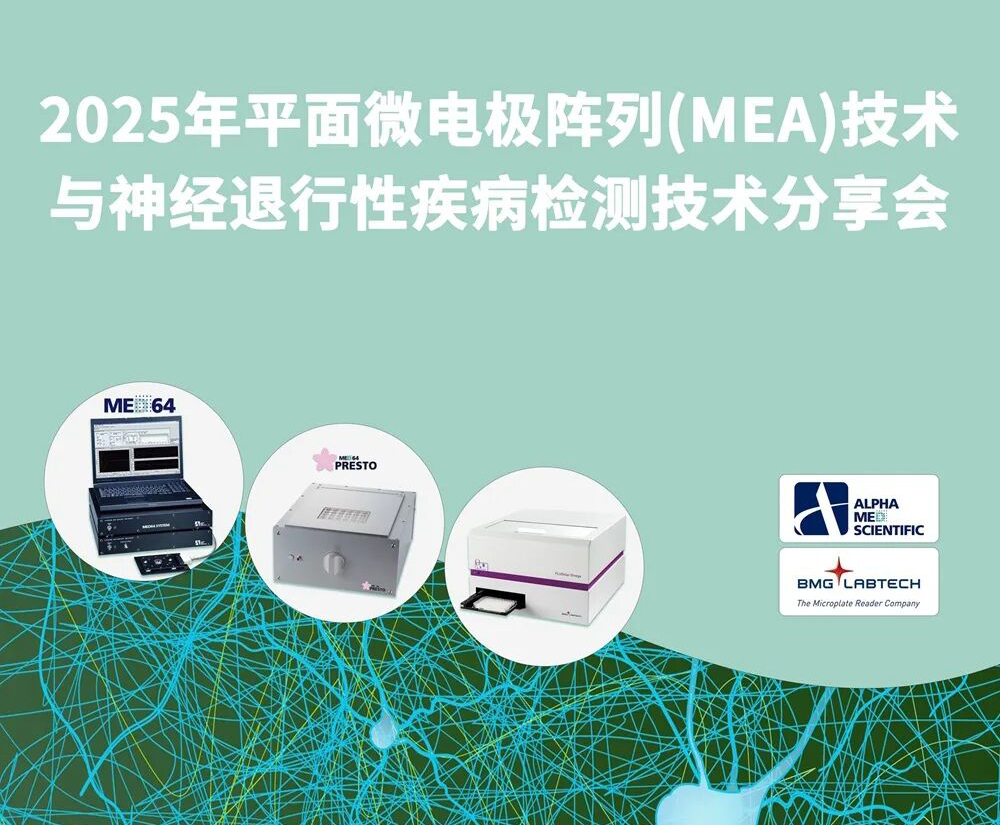
The technical exchange workshop was first kicked off by Liu Zumei, Product Manager of Bio-Gene. With the theme "Principles and Applications of the MED64 Microelectrode Array Recording System", she elaborated on the advantages of this system as a complete and user-friendly in-vitro extracellular field potential research tool, covering comprehensive solutions from hardware and consumables to analysis software. Combined with practical cases, she demonstrated its wide applications in areas such as synaptic plasticity, brain organoids, optogenetics and drug screening for the detection of samples like acute brain slices and cultured nerve cells. Subsequently, she delivered a presentation themed "Application of PA-QuIC in Protein Aggregation Detection", in-depth analyzing the high sensitivity and specificity of RT-QuIC technology, and expounding its value in the early diagnosis of neurodegenerative diseases such as prion diseases, Alzheimer's disease and Parkinson's disease. She also highlighted how the PA-QuIC series instruments developed by BMG LABTECH (Germany) further improve detection throughput and efficiency, providing technical support for protein misfolding research.
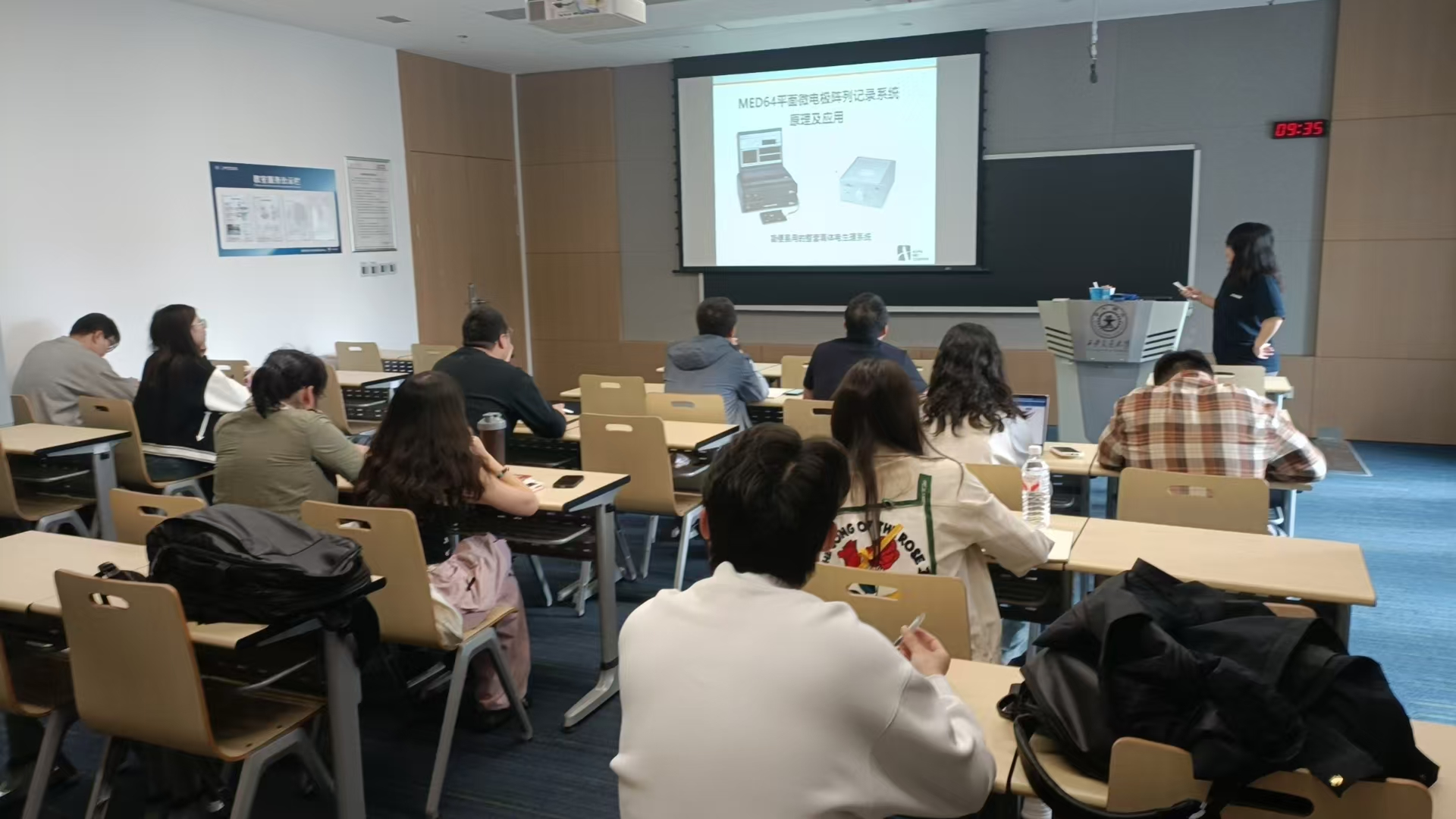
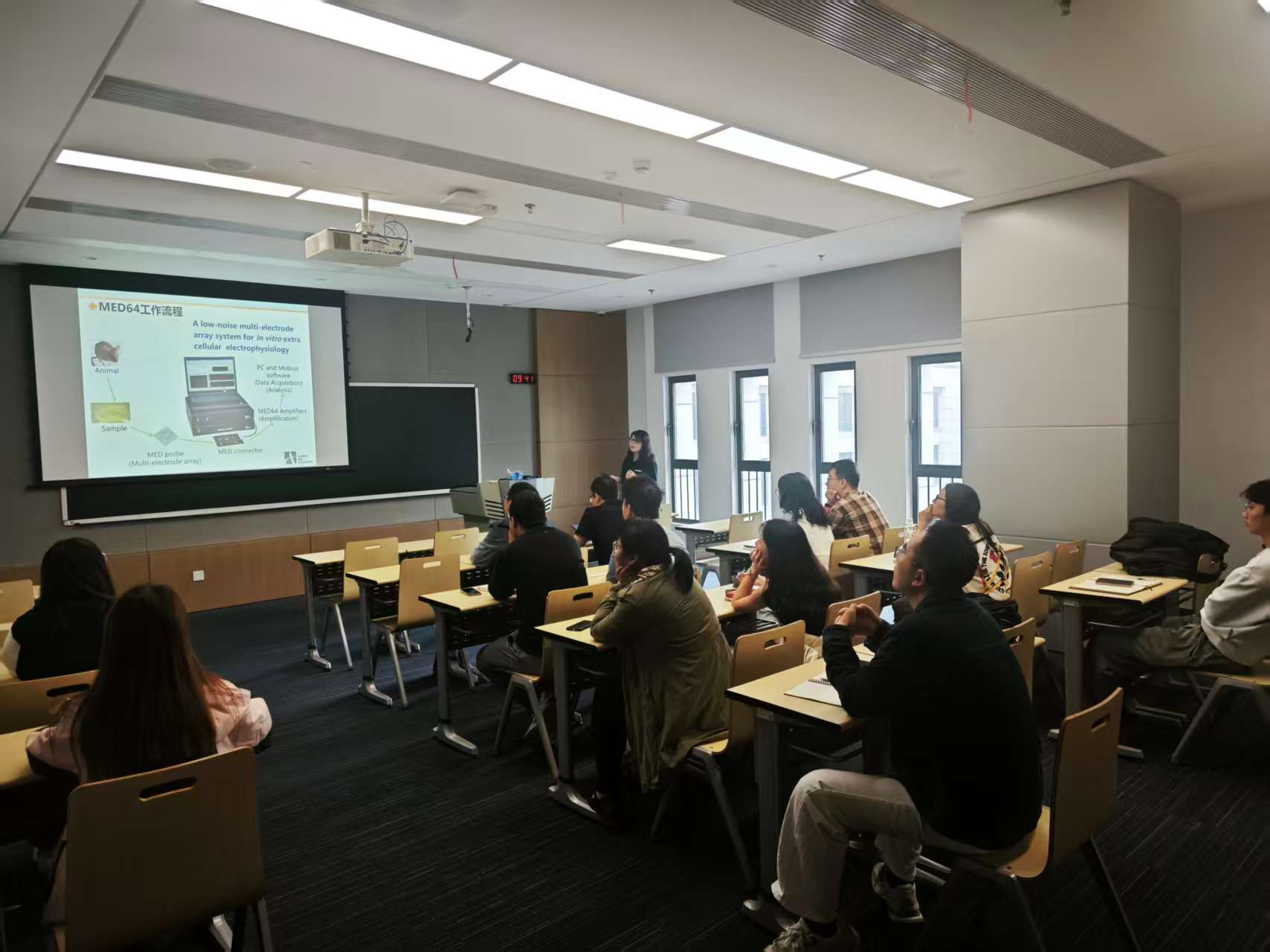
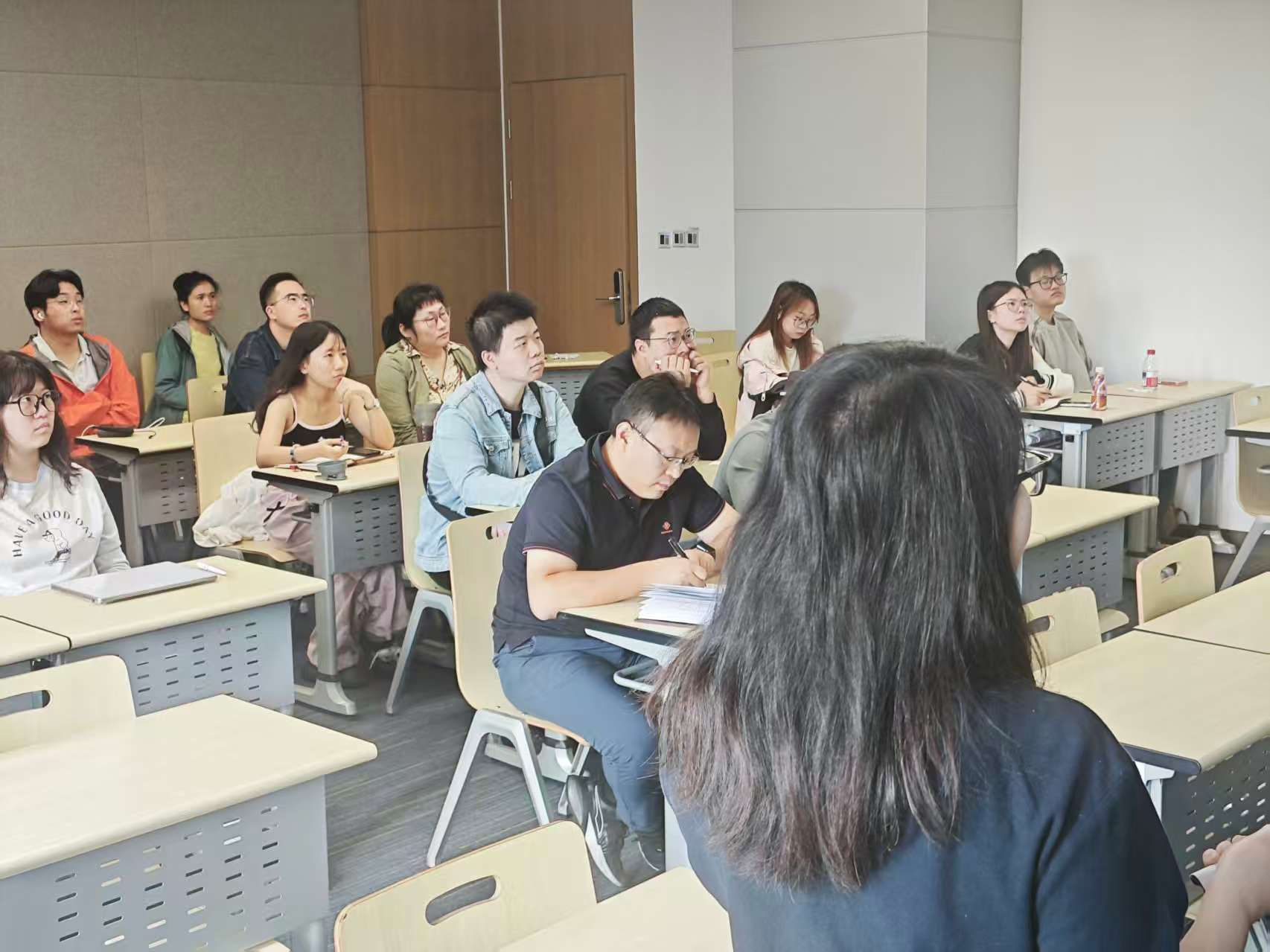
Next, Associate Professor Li Xuhui from the School of Forensic Medicine, Medical Department of Xi'an Jiaotong University gave a technical exchange sharing titled "Application of MED64 Multichannel Field Potential Recording in Synaptic Plasticity and Chronic Pain Research". He pointed out that the long-term potentiation (LTP) of synaptic plasticity is the central mechanism of learning, memory and chronic pain, and the MED64 system, with its unique advantages of stable recording, long-term detection capability and high-throughput recording, serves as a powerful tool for studying this mechanism. Associate Professor Li Xuhui also shared the achievements made by his team using MED64 technology: successfully deciphering the molecular mechanisms of different types of synaptic plasticity (pre-LTP, post-LTP, LTD, synaptic tagging), clarifying the central mechanisms by which synaptic plasticity participates in the regulation of chronic pain, learning and memory in different species (mice, rats and tree shrews), and screening out drugs with analgesic effects by studying the impact of drugs on the induction or maintenance phase of LTP. Relevant achievements have been published in top international journals such as Brain, Neuropsychopharmacology and JNS, providing important scientific basis for clinical treatment.
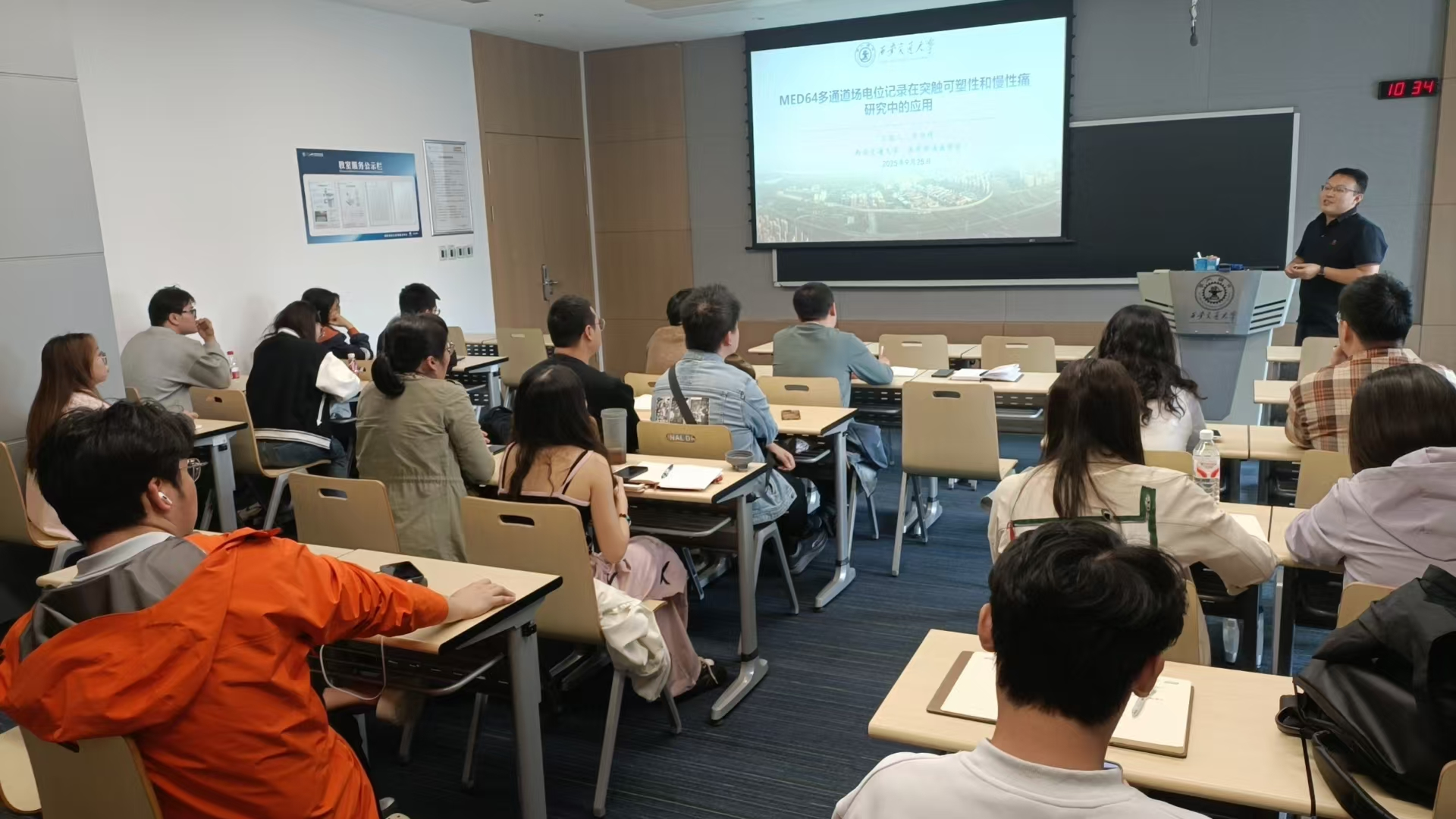
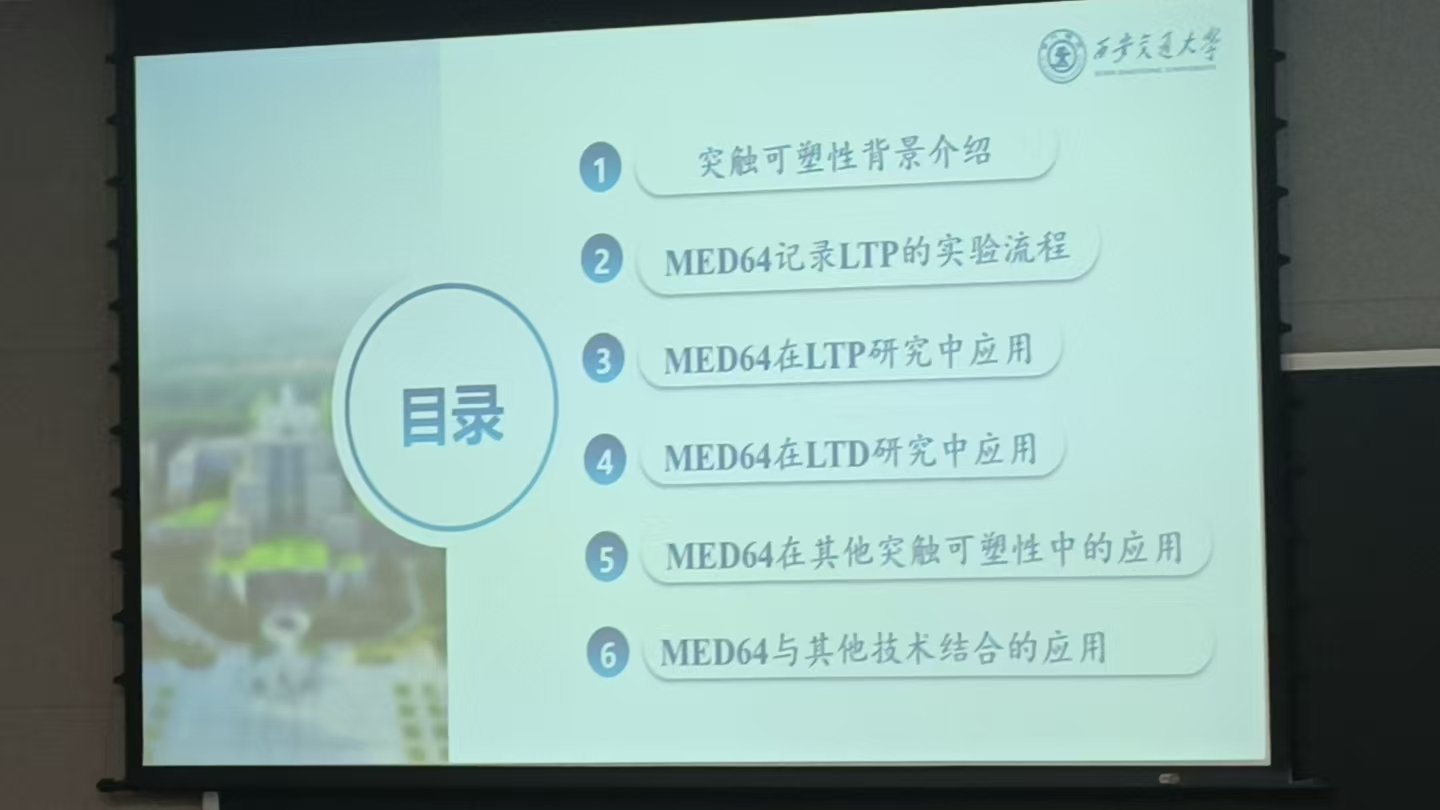
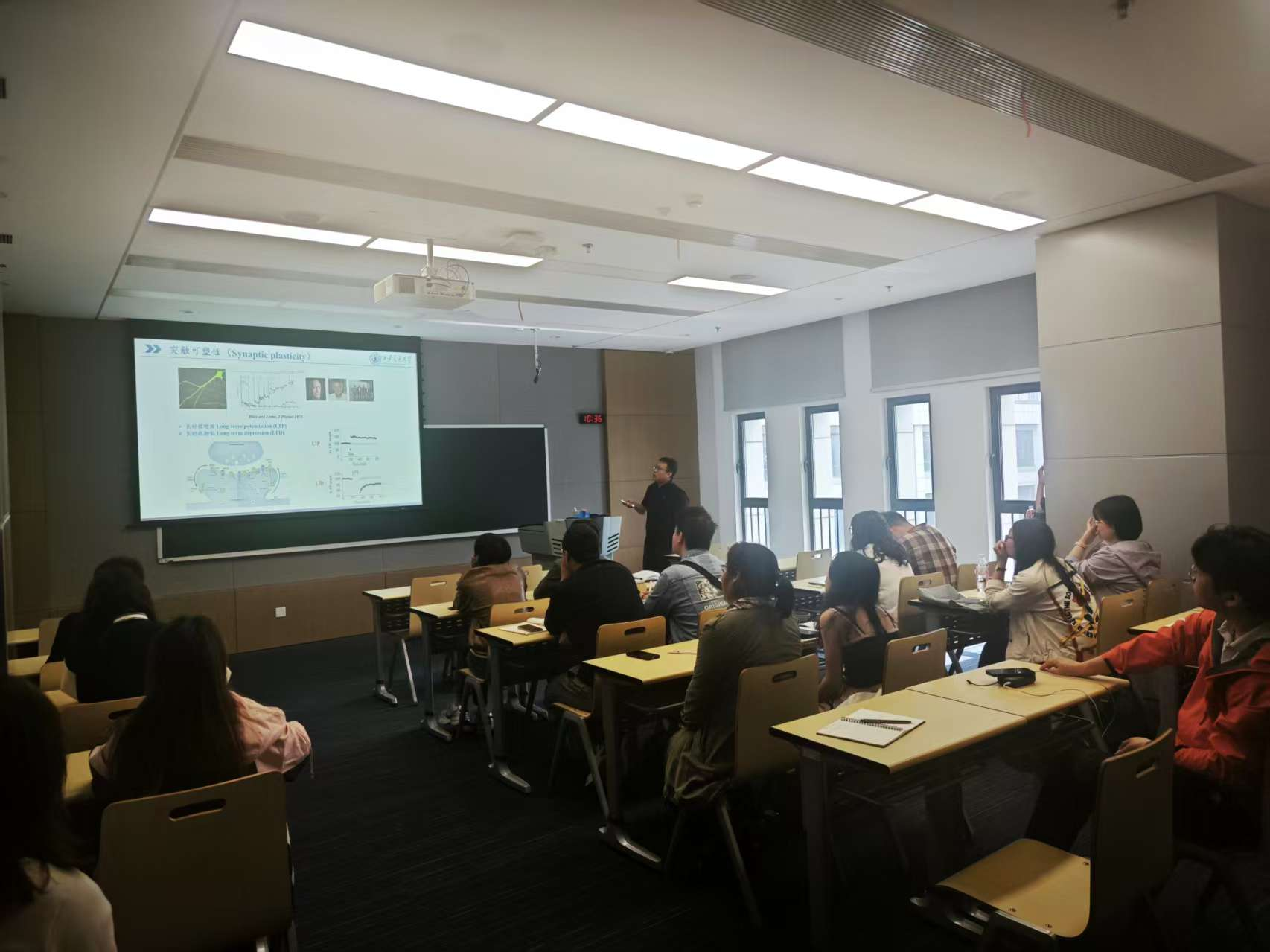
From 14:00 to 16:00 in the afternoon, the workshop entered the practical demonstration session. Technical staff from Bio-Gene conducted on-site practical demonstrations of the MED64 multichannel field potential recording system, which were divided into two parts: brain slice sample preparation and EPSP experiment demonstration, and neuron and organoid spike experiment demonstration. During the demonstration, the Bio-Gene technical staff explained in detail the experimental procedures, key operation points and precautions. Participants watched the experimental process up close, gained an intuitive understanding of the practical details of the technology, and actively raised questions and communicated to conduct in-depth discussions on key technical issues in the experiments. This practical demonstration not only enabled participants to more intuitively master the application methods of the MED64 system, but also further promoted the application of MEA technology in scientific research and clinical fields, injecting new impetus into subsequent research in related fields.
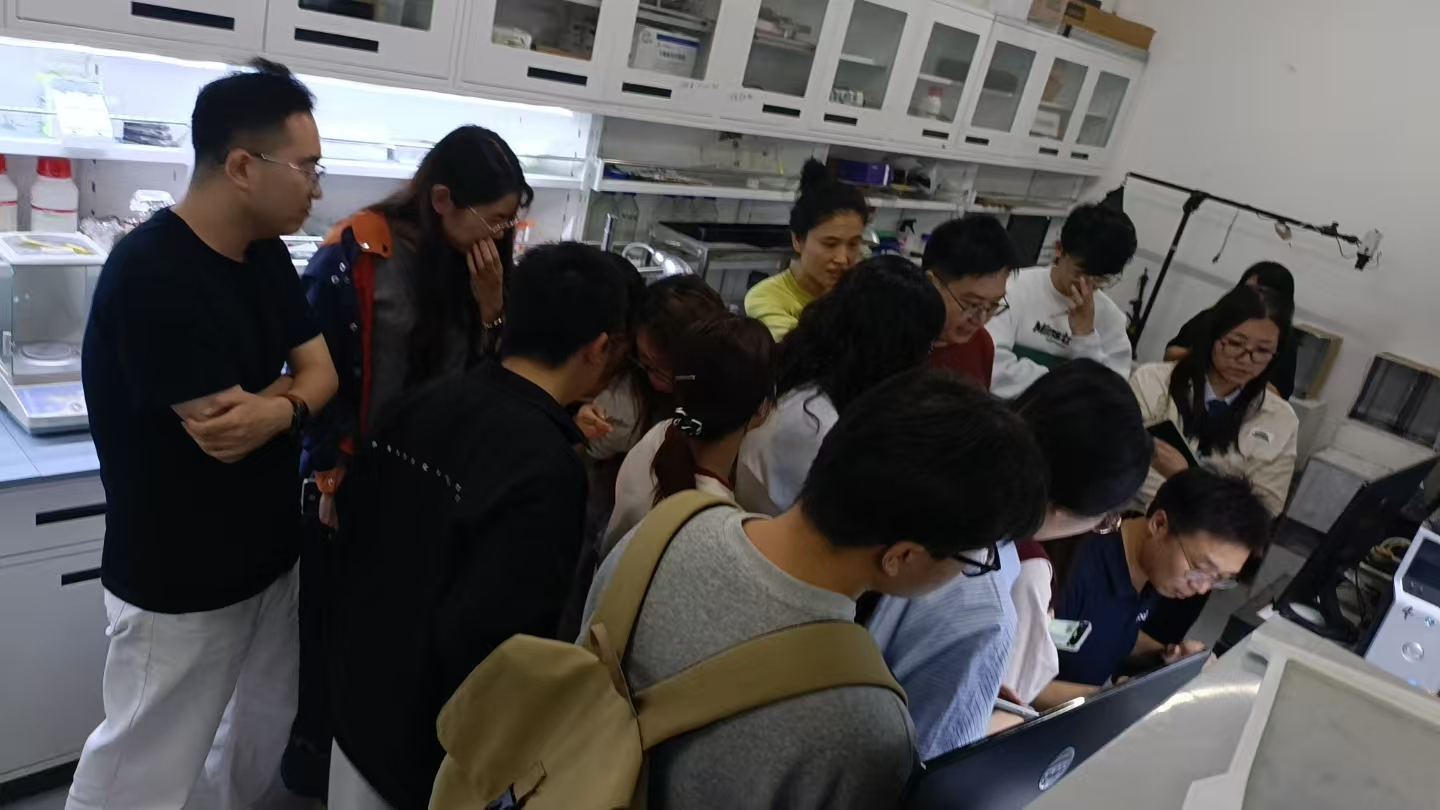
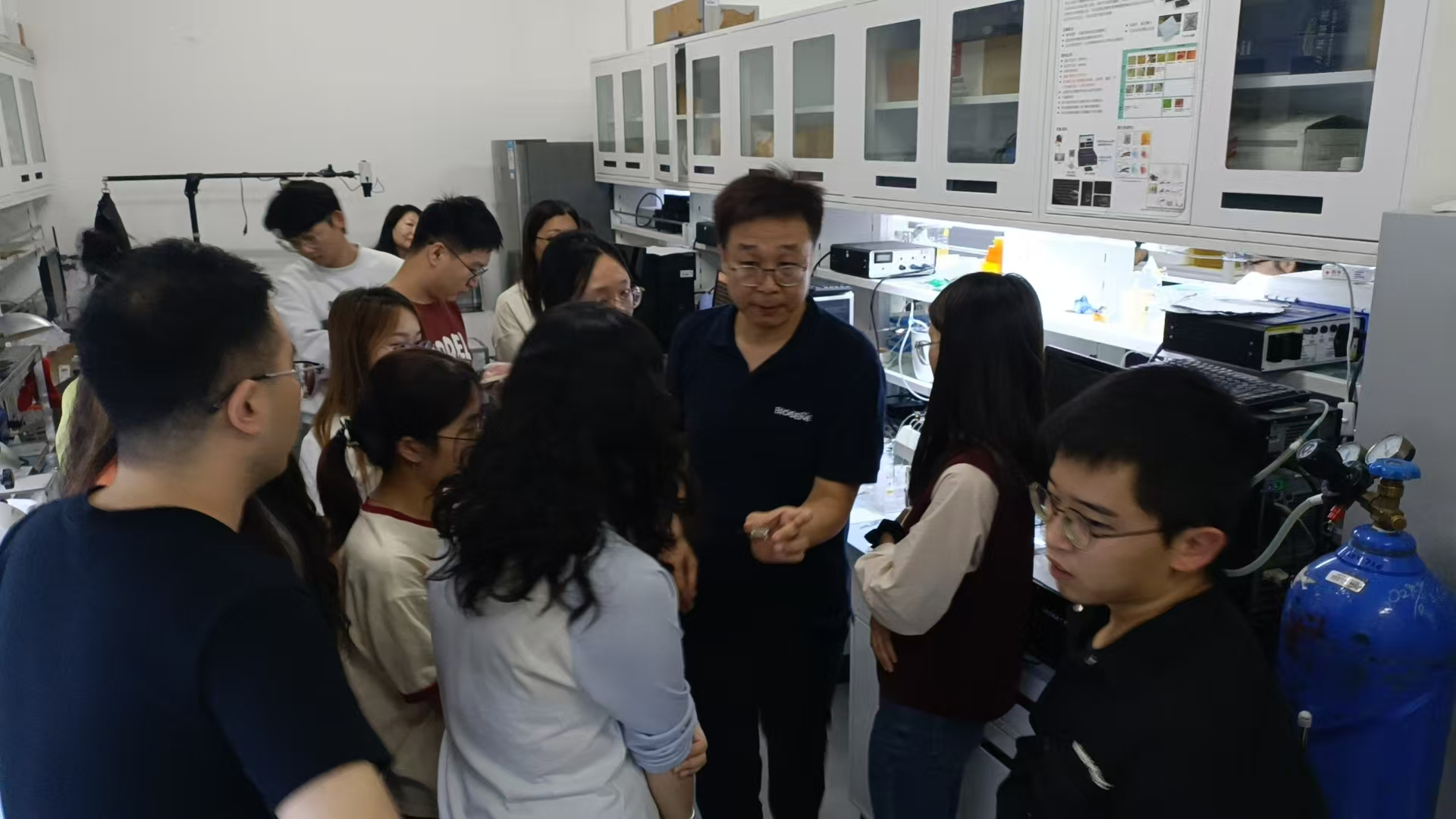
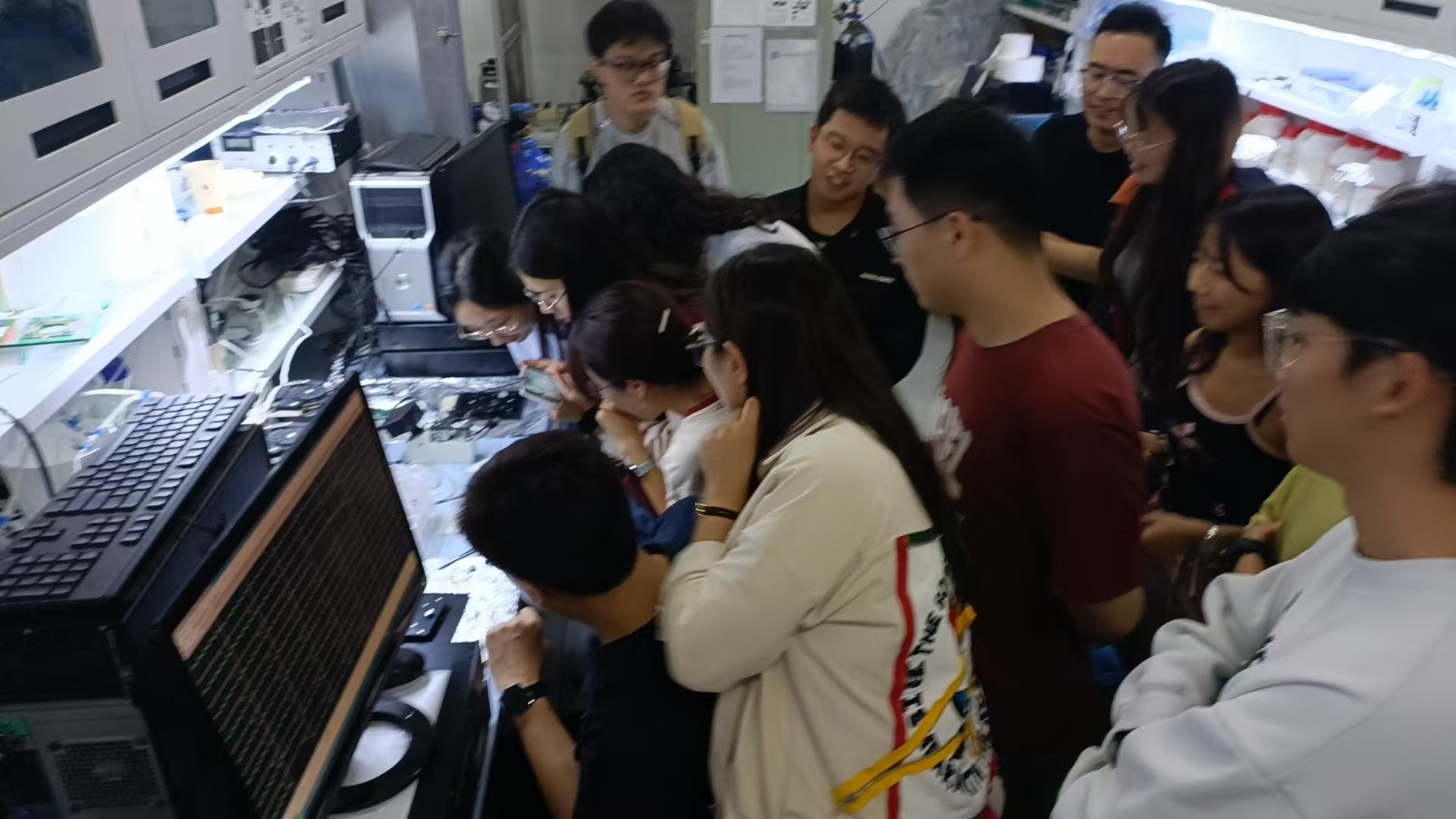
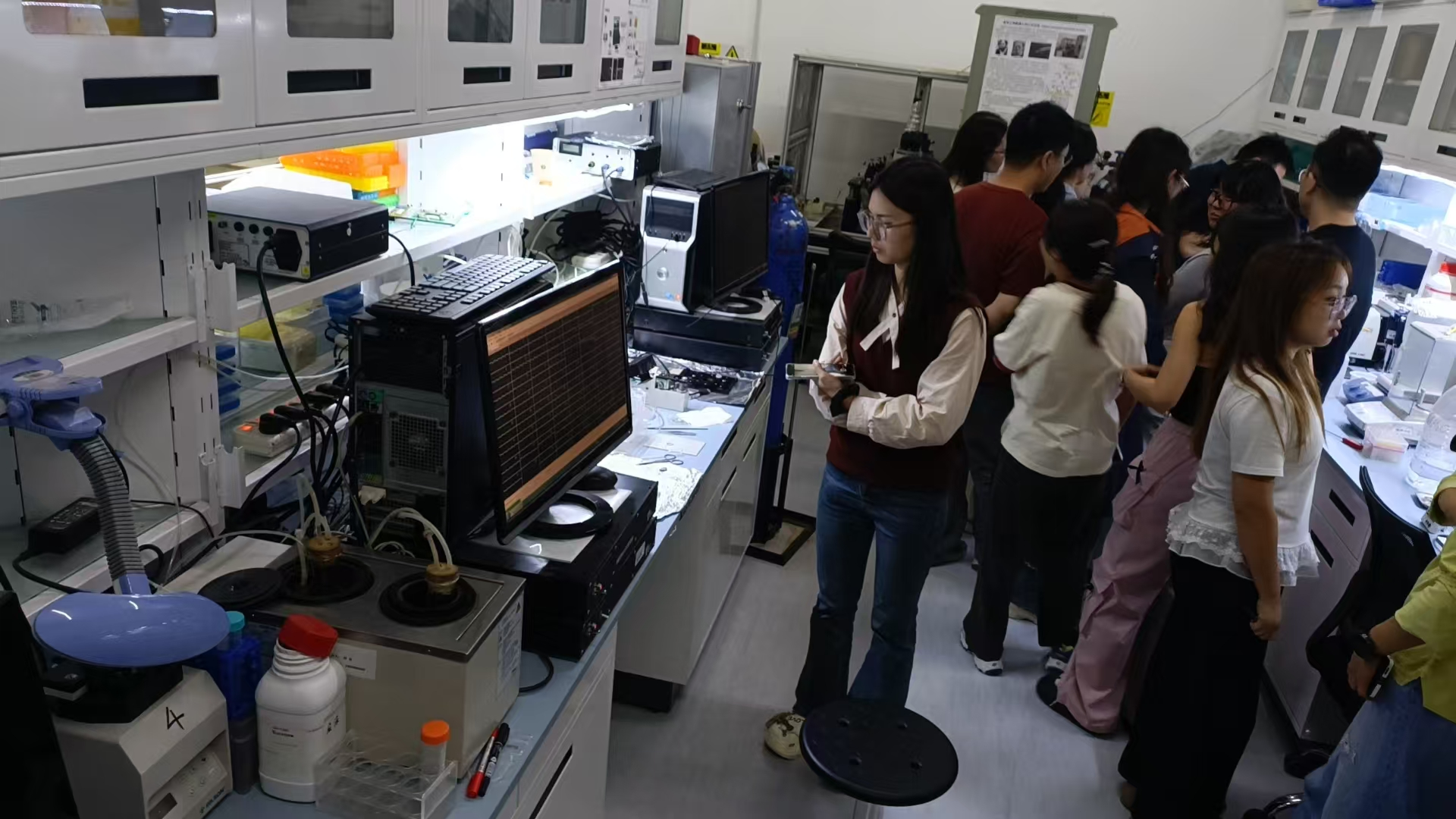
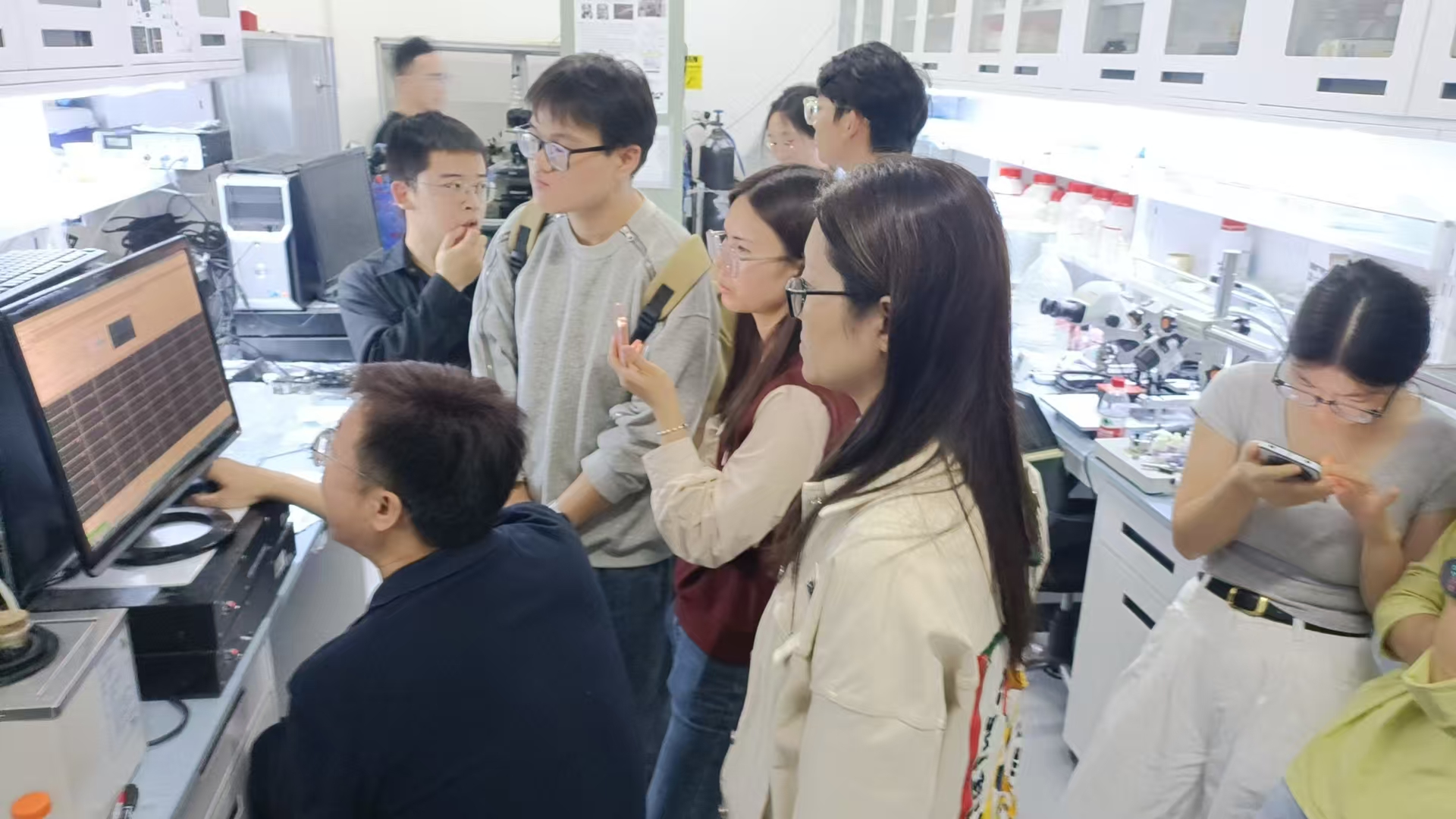
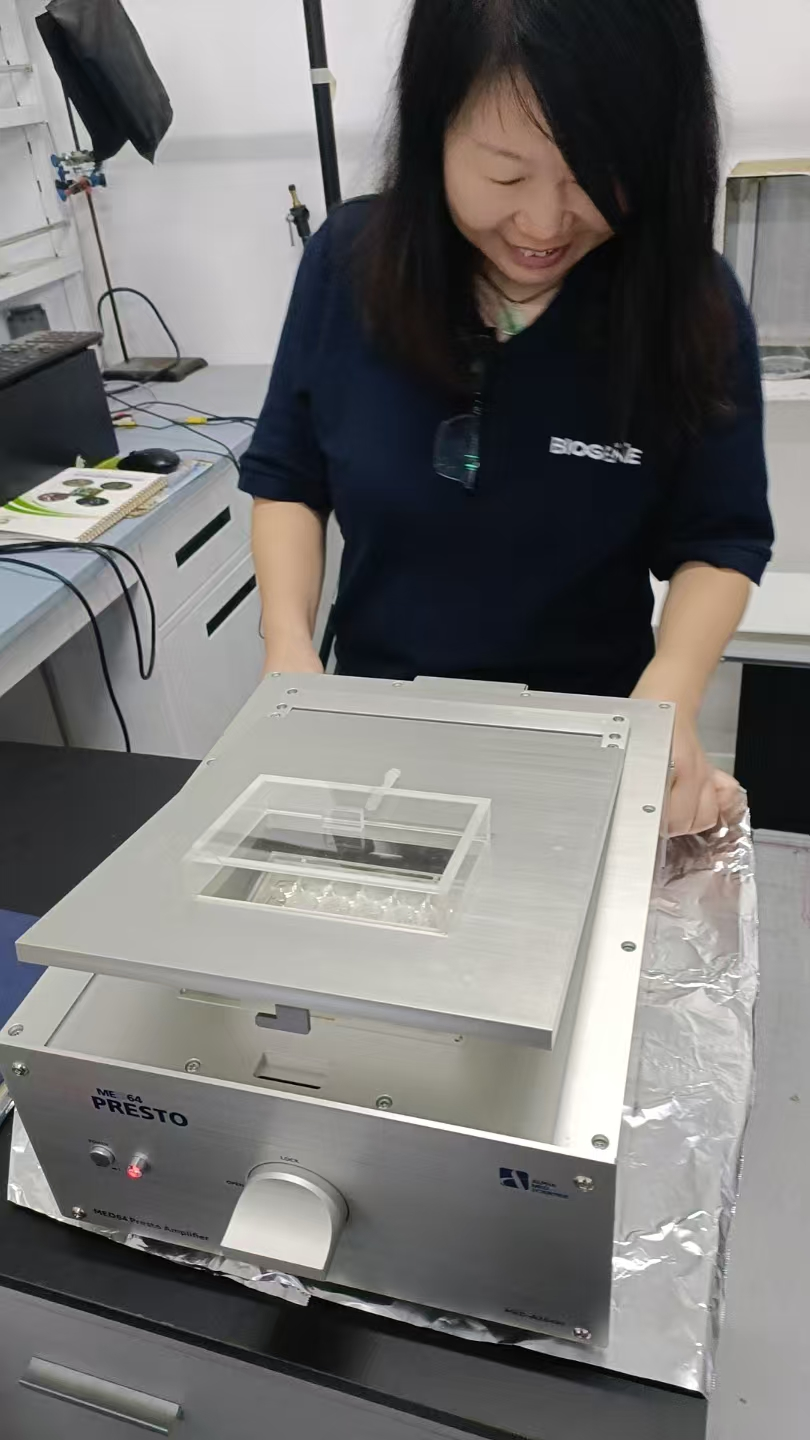
2025 Microelectrode Array (MEA) Technology and Neurodegenerative Disease Detection Technology Sharing Workshop has concluded successfully.
We look forward to meeting you again at the next sharing workshop!
欢迎关注进科驰安官方微信(微信公众号:Bio-Gene)
回复:med64,查看更多相关视频
长按/扫描以下二维码可识别关注公众号

广州进科驰安科技有限公司
Bio-Gene Technology Ltd.
热线:176 2009 3784
www.bio-gene.com.cn
marketing@bio-gene.com.cn
香港 北京 上海 广州
Hot News









 Drug Screening/Molecular Biology
Drug Screening/Molecular Biology

